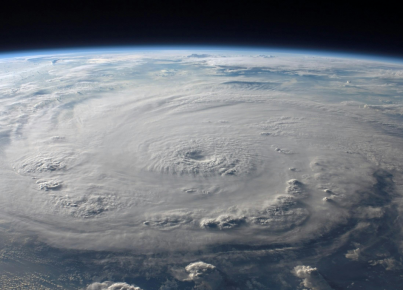We publish here an excerpt of a text that appeared in Nikkei and was signed by the governor of Tokyo, Yuriko Koike, and the mayor of Kuala Lumpur, Kamarulzaman Mat Salleh
Under the Kuala Lumpur Low Carbon Society Blueprint of 2030 strategy, the government of Malaysia's capital city aims to reduce carbon emissions by 70 percent to increase resilience against climate crises and build a secure future for residents. Recognizing the magnitude of this problem, Kuala Lumpur has turned to Tokyo, a city renowned for its pioneering efforts in zero-emission building initiatives and one of the world's leading urban centers. As the Malaysian metropolis strives to achieve its ambitious goals, collaborative assistance is essential to overcome the obstacles that lie ahead. Why is Tokyo, which has a goal of halving carbon emissions by 2030, willing to lend a hand to Kuala Lumpur?
The answer lies in a shared vision of global sustainability. The Tokyo Metropolitan Government understands that addressing the climate crisis requires collective action that crosses borders and frontiers. Sharing our experience can provide a shortcut to building a sustainable and decarbonized society.
Aware of Kuala Lumpur's needs, Tokyo has supported the Malaysian city's efforts using its expertise in designing programs for energy efficiency and carbon reduction in buildings. These include the world's first mandatory carbon dioxide (CO2) reduction program for existing buildings, the Tokyo Cap-and-Trade Program.
Tokyo's support to date includes proposing an energy database for city-owned structures, estimating the potential for CO2 emission reduction, and creating scenarios for CO2 emission reduction. We have agreed that our cities will expand our collaboration in areas such as urban infrastructure development and environmental initiatives. Accordingly, Tokyo is extending support to disseminate information on decarbonization measures and initiatives, including a mandatory solar panel installation program that will be implemented next April. Through workshops, exchanges and collaborative projects, our two cities can promote inclusive learning environments that are respectful of different perspectives. This knowledge sharing can enrich cooperation and provide the foundation for a lasting partnership to promote inclusive climate action.






